Irrigation Sprinkler
Irrigation Sprinkler is a device used to irrigate agricultural crops and fields in a manner similar to rainfall. Sprinklers supply water to the crop in a uniform, precise and controlled manner. It is, therefore, highly suitable for crops that thrive well when watered from above. The water is distributed through a network of pumps, valves, pipes, and sprinklers.
Benefits of Using Irrigation Sprinklers
Adopting irrigation sprinklers offers a multitude of benefits for your landscaping endeavors:
-
Water Efficiency: Sprinklers distribute water more uniformly and accurately than traditional hand watering methods, reducing water waste and minimizing evaporation.
-
Effortless Irrigation: Sprinklers automate the irrigation process, eliminating the need for manual watering and saving you time and energy.
-
Promotes Plant Health: By providing consistent and controlled watering, sprinklers ensure that your plants receive the optimal amount of moisture they need to thrive.
-
Prevents Runoff and Erosion: Sprinklers’ gentle application of water reduces the risk of soil erosion and runoff, protecting your landscape from damage.
-
Versatility: Sprinklers can be adapted to various irrigation needs, whether it’s watering lawns, gardens, vegetable patches, or even large agricultural fields.
Types of Irrigation Sprinklers
The world of irrigation sprinklers offers a diverse range of options to suit different landscaping requirements. Here’s an overview of the most common types:
-
Rotary Sprinklers: These sprinklers feature rotating arms with nozzles that spray water in a circular pattern. They are ideal for watering large areas, such as lawns and fields.
-
Pop-Up Sprinklers: These sprinklers retract into the ground when not in use, providing a neat and unobtrusive appearance. They are suitable for watering medium-sized areas, such as lawns and garden beds.
-
Impact Sprinklers: These sprinklers produce a powerful jet of water that oscillates back and forth, covering a rectangular area. They are effective for watering long, narrow areas, such as driveways and pathways.
-
Drip Irrigation: This system utilizes a network of tubes and emitters that deliver water directly to the roots of plants. It is highly water-efficient and ideal for watering delicate plants, such as vegetables, flowers, and shrubs.
Choosing the Right Irrigation Sprinkler
Selecting the right irrigation sprinkler depends on several factors, including the size and shape of the area to be watered, the type of plants being grown, and your budget. Consider these guidelines when making your choice:
-
Area to be Watered: Determine the square footage of the area you need to irrigate to select a sprinkler with the appropriate coverage range.
-
Type of Plants: Different plants have varying water requirements. Consider the specific needs of your plants when choosing a sprinkler’s water flow rate.
-
Water Source: Ensure that the sprinkler you choose is compatible with your available water source, whether it’s a hose, a pump, or an existing irrigation system.
-
Budget: Irrigation sprinklers range in price from affordable options to more sophisticated models with advanced features. Set a budget and compare options within your price range.
Tips for Effective Irrigation Sprinkler Usage
To maximize the benefits of your irrigation sprinklers, follow these tips:
-
Proper Placement: Position sprinklers strategically to ensure even water distribution. Avoid overlapping spray patterns to prevent overwatering.
-
Water Schedule: Adjust the watering schedule based on weather conditions and plant needs. Water more frequently during dry periods and less often during rainy seasons.
-
Maintenance: Regularly inspect and clean your sprinklers to remove debris and ensure optimal performance. Replace worn-out parts promptly to maintain efficiency.
-
Soil Moisture Monitoring: Monitor soil moisture levels to avoid overwatering or underwatering. Use a soil moisture meter to get accurate readings.
-
Professional Assistance: Consult with a landscaping expert for personalized advice on selecting and installing the right irrigation sprinkler system for your specific needs.
Sprinkler Irrigation System
Components of sprinkler irrigation system include the following;
Pump unit
Mainline hose
Laterals
Sprinklers
The pump unit is usually a centrifugal pump that takes water from the source and provides adequate pressure for delivery into the pipe system.
Mainline hose consists of a network of pipes that are laid on the soil surface or buried below ground. They supply water to the sprinkler through laterals. The laterals are made majorly made of plastic pipes.
View other irrigation equipment

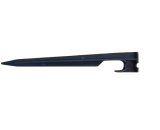
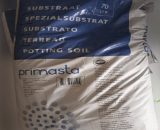
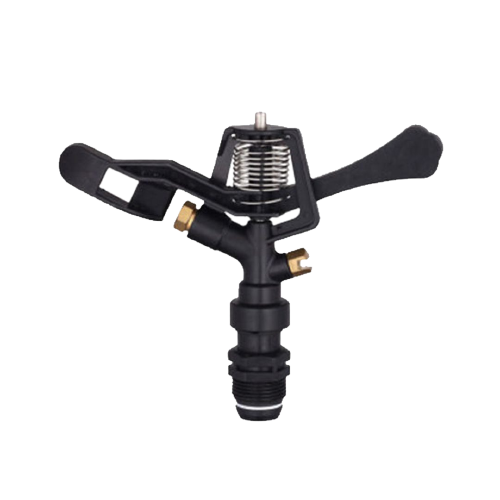



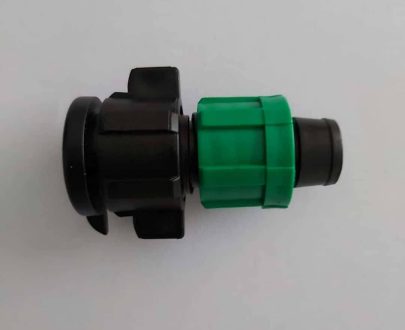
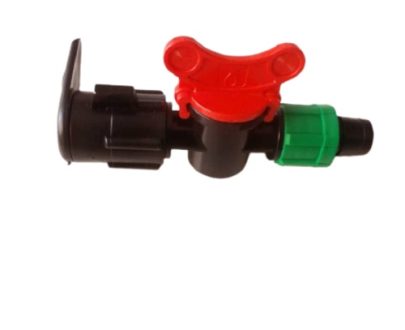

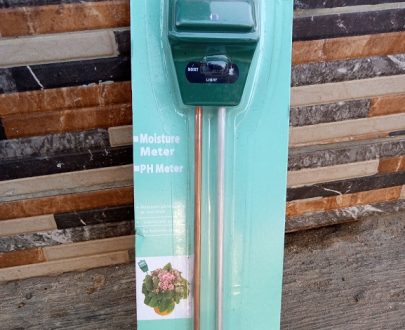
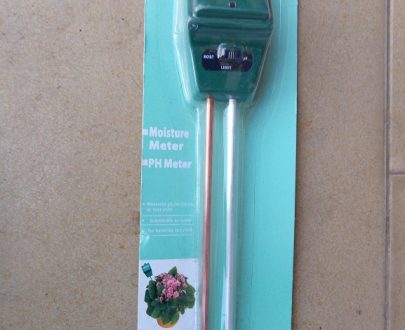
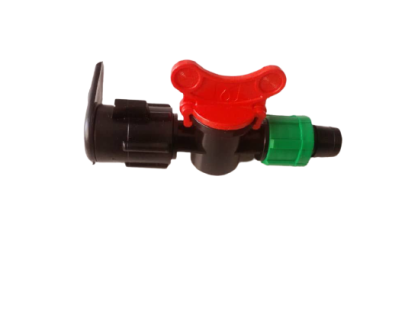

Customer reviews
1 review for Irrigation Sprinkler
(verified owner)
Do not know how to use it. Please assist. No receipt was issued to me for my purchase
Only logged in customers who have purchased this product may leave a review.